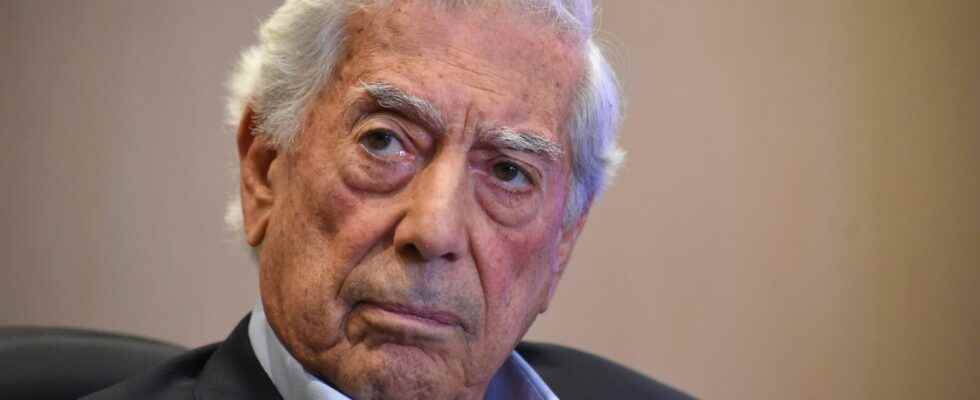When the Hispano-Peruvian Mario Vargas Llosa was received in solemn session on February 9 at the French Academy, he delivered a vibrant speech to the glory of literary France. He then appeared as the best French writer working under the Dome… Which, in view of his work, is difficult to dispute. But listening to him pay homage to those who made him a novelist, the Cervantes, Hugo, Balzac, one detail immediately distinguished him from the immortals, and these are not his two passports: gratitude.
Not that green clothes are systematically devoid of it. It’s just that this character trait, with which French authors have so much trouble with a few exceptions, is natural among their colleagues from the two Americas. There, they rightly consider that the acknowledgment of debt, far from being an admission of helplessness, grows them by pulling them upwards; in France, they have the impression of failing by indulging in a “What I owe” instead of a “What I believe” which suits their temperament so much better. I think therefore I am, certainly: but thanks to whom? To all those who paved the way. To those giants on whose shoulders we dwarfs must stand. One does not humble oneself by surrendering arms.
“To Flaubert, of course! Without him…“
Two personal memories. In 2009, the Mexican Carlos Fuentes was invited to speak about his work in the crowded auditorium of the National Library of France. Instead, he devoted most of his speaking time to the writers he owed to come face to face with this crowd of readers. Some time later, I had the opportunity to follow Mario Vargas Llosa to Stockholm for the reception of his Nobel Prize for Literature. As is customary, the ceremony was preceded by a press conference in a hall of the Swedish Academy. Although it took place in English, I insisted on asking my question in French: “On the eve of being crowned, who are your thoughts: someone from the family, a friend, a writer?…”
Suddenly, his face broke into a broad smile and he took obvious pleasure in answering in French: “To Flaubert, of course! Without him…” And to indulge for five good minutes in a vibrant eulogy of the author of Madame Bovary, a novel of which he bought a copy at the bookstore “La joie de lire” where others flattered themselves that they had stolen books and precipitated his bankruptcy. This was also the case at the French Academy with Onetti, Faulkner and…: “Without Flaubert, I would never have been the writer that I am. […] I made the trip to Croisset by laying flowers on his grave, to thank him for all he had done for me and for the modern novel.” Namely the invention of the invisible narrator, in other words God the Father .
Philip Roth wanted to pay his debt to Saul Bellow
Rare are the novelists who include a bibliography at the end of their text; however, it usefully informs the reader who knows how to decipher it on what played out in the genesis of the book; because even if it falls under the category “fiction” as indicated on the cover, any story is indebted to its sources as soon as it is part of History. Norman Mailer, Martin Amis, Thomas Pynchon did not hesitate because the sources fed them if not inspired them. Philip Roth did not miss it at the end of the Conspiracy against America, he who in every interview insisted on paying his debt to Saul Bellow; as well as Pierre Lemaitre at the end of each volume of the trilogy The Children of Disaster and series The Glorious Years.
What Jonathan Littell had refused: “The book itself must remain outside of that. And then what, Flaubert did not put sources at the end of salammbô !”, he justified himself – except that in this case, they essentially amounted to Roman history of Livy…; whereas without the works of all the World War II historians he had read closely, Littell could not have written The Benevolent with the precision that we know. Nothing compulsory because gratitude belongs to the register of emotions. For a writer, it is not a matter of law but of morality.
The fact is that our contemporaries have difficulty with the exercise of admiration. Yet it is so good to exalt, to glorify, to celebrate those who have gone before us. In principle but also just for the pure pleasure of saying and writing one of the most beautiful words in the French language: thank you.
